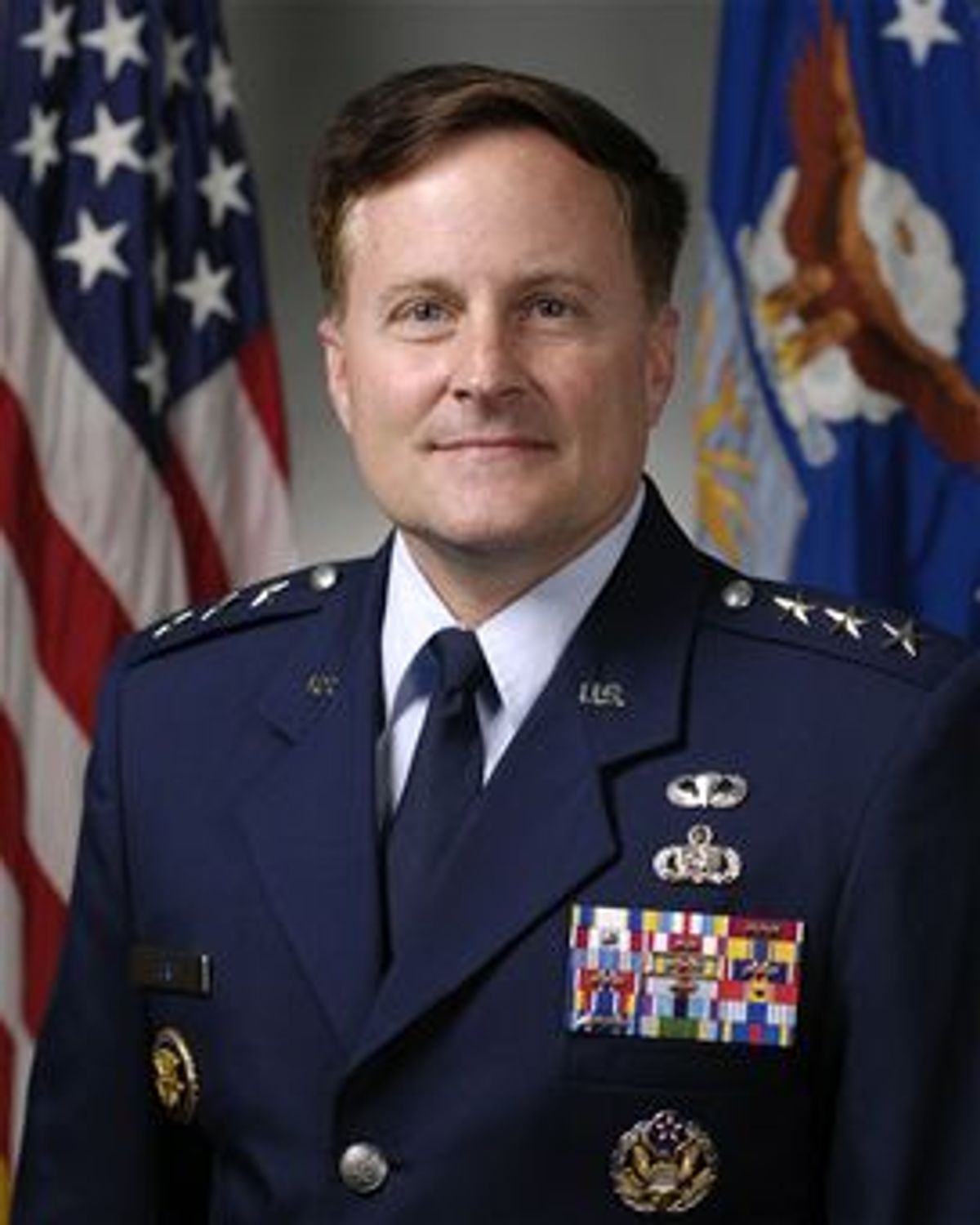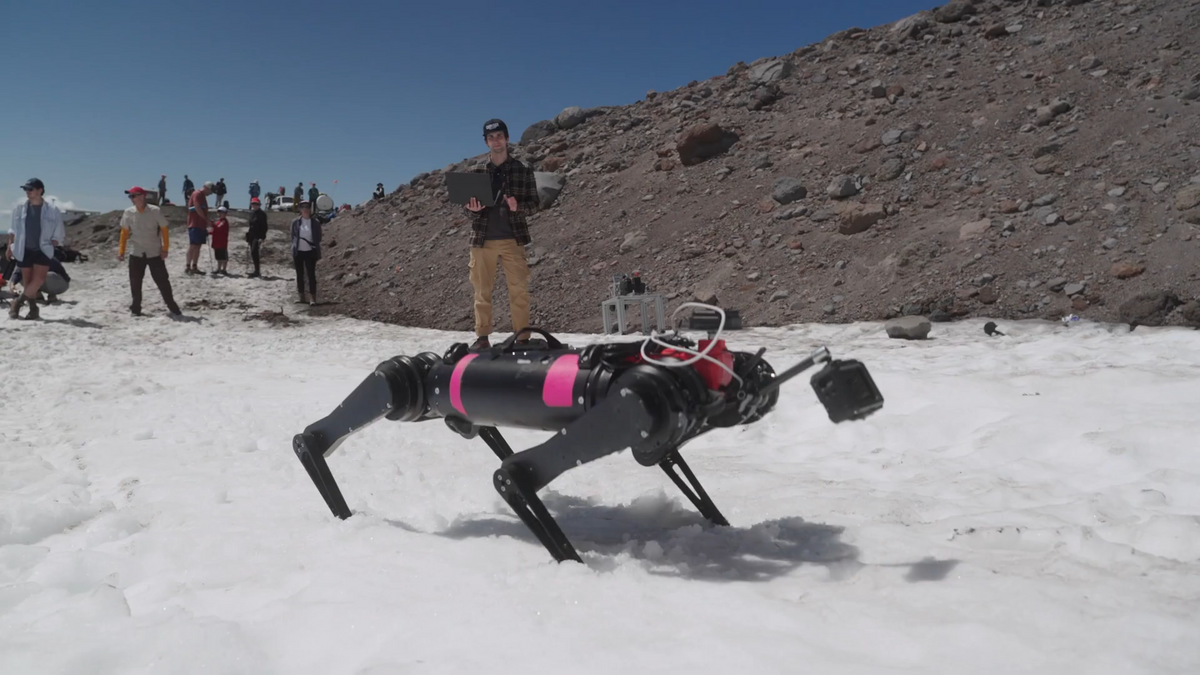If Google really is on the front line of cyberwar, then who are the next generation warriors? This is a question I got to ask Lieutenant General William Lord, Chief of Warfighting Integration and Chief Information Officer, Office of the Secretary of the Air Force, when I met him in 2008 at Barksdale Air Force in Shreveport, Louisiana, where the Air Force had set up a provisional Cyberspace Command. His answer: take a look at WarGames.
Lord will never forget the moment he plunked down in a movie theater 24 years ago and watched the movie WarGames. In the film, Mathew Broderick plays a bowl-cut teenage hacker who decides to play a simulated battle of thermonuclear war on his chunky 1980s computer. When the game turns real, Broderick’s braniac gets recruited by the military to save America from the brink of World War III. Such a vision has long been the stuff of science fiction like Ender’s Game, the cult novel about videogamers who get recruited to fight a pixilated war turned real. But as the audience around him shoveled popcorn, Lord sat on the edge of his seat for a different reason: this wasn’t a fantasy, he knew, it was real.
“Maybe the nature of warfare can change,” Lord told me.
“What if you can get into a military command and control system, and make half of them dark?” He said, “and make the other half think they’re a Maytag washer in a spin cycle as opposed to a missile system, and say they can’t use their weapons and can’t command and control their forces. What happens when we want to zero out all the bank accounts of your nation’s armed forces, and they can’t go to work the next day because their spouses are angry with them? You begin to scramble the brain of the enemy so much that they don’t have the ability to wage war.”
Lord called these tools “weapons of mass disruption,” and suggested that they can, in effect, create a war without bloodshed. “We have principally focused on kinetic side of warfare: blowing buildings up,” he says. But cyber-warfare can reinvent the very idea of conflict, he suggests, by getting the enemies “to change their mind before you have to drop a 2000 pound bomb on them.”
The tougher part, Lord said, is finding the right kind of person to man the controls. “We’ve got to recruit a different kind of kid,” he explained, “and I think we as institution will have to change culturally because of that kid. Maybe the warrior of the future, we won’t care how fast they run the mile and a half.” Instead, it’s the inherent skills of the digital natives – the ones who grew up pawing a mouse – that come into play. “It’s the kind of kid coming up today,” he said, “the multitasking kids who are doing instant message chat with three different activities, talking on a cell phone, having two websites up, and doing a John Madden.” So much for Rambo, Uncle Sam wants the all Broderick team: the quick-thinking, fast-thumbed, big-brained squad.


